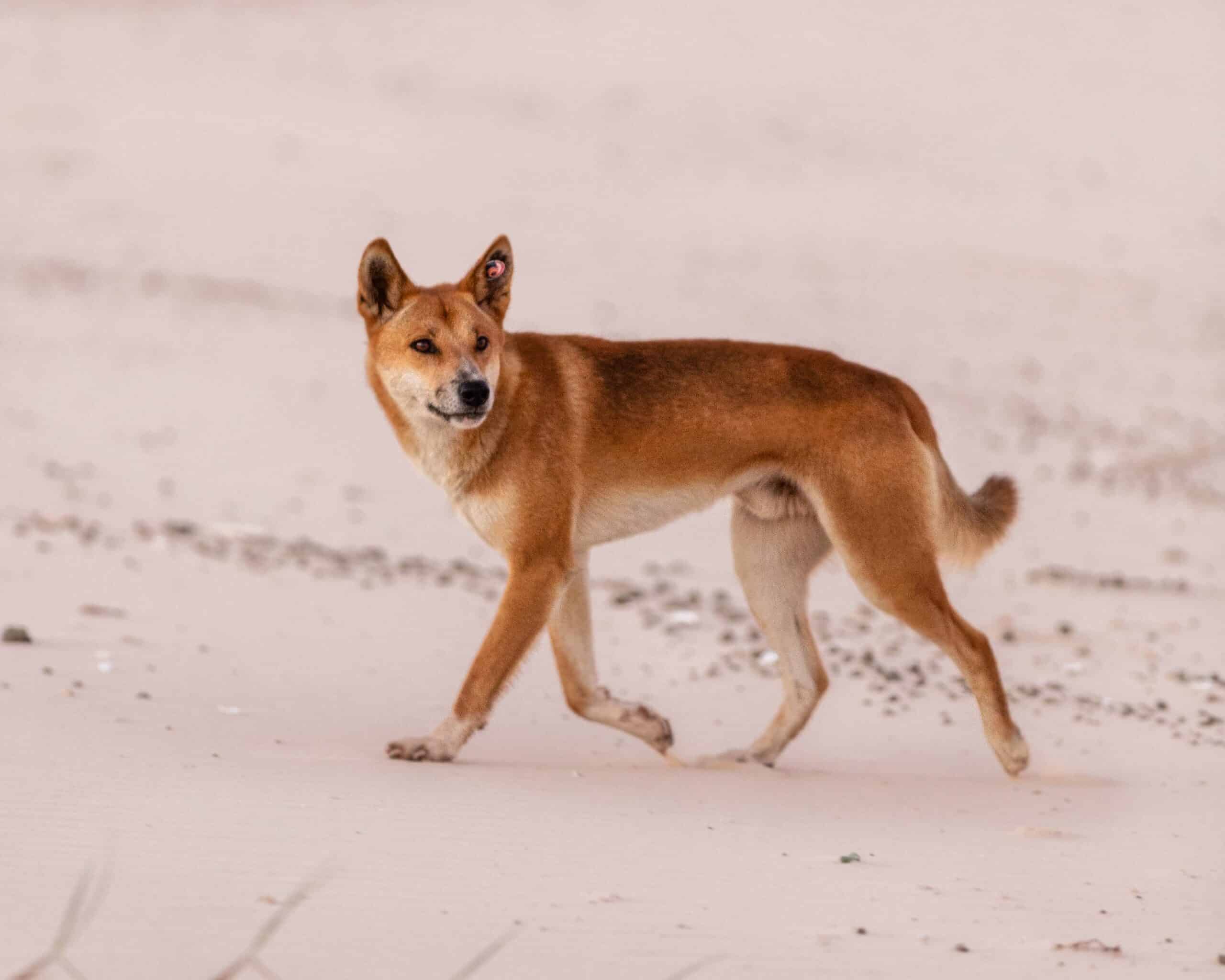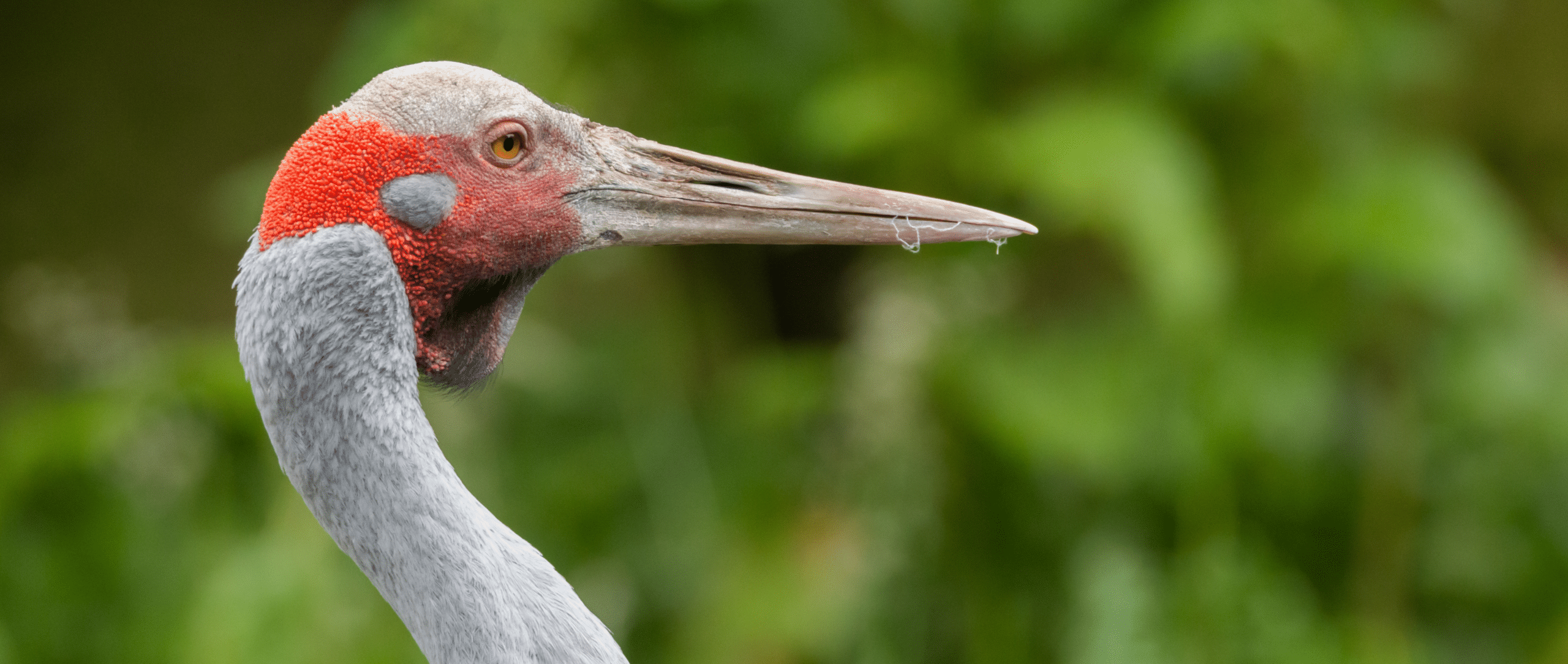SYDNEY (January 27, 2026)—Humane World for Animals Australia is deeply saddened by the Queensland Government’s decision to kill a pack of six dingoes on K’gari over the Australia Day long weekend. News of the government’s actions was announced in a media release from the Minister for the Environment and Tourism’s office on Sunday, following the tragic death of Canadian tourist Piper James last week. Humane World for Animals...
Humane Society International (HSI) Australia has launched the latest edition of their ‘Better Wool Guide’ which features over 200 brands that are part of the growing movement to phase out the controversial practice of mulesing.
HSI Australia’s downloadable ‘Better Wool Guide’ highlights 221 brands available to Australian consumers with a commitment to remove mulesed wool from their supply chains, with many already claiming to be mulesing free.
Today’s launch signals the continuing shift in the animal welfare expectations of Australian consumers, with 75 more brands included since the last edition of the Guide released last year. Newcomers include iconic Aussie brands Koala, Spell, Afends and Zulu & Zephyr. They join the likes of Country Road Group, Gorman, Target, Big W, The Iconic, David Jones, H&M and Myer in their support for better welfare measures.
Big name brands like VF Corporation, Levi Strauss & Co, Adidas and Nike have strengthened their commitments since the last edition of the Better Wool Guide and now rank in Tier 1.
The practice of mulesing is done to wrinkled lambs to avoid a painful disease caused by flies, known as ‘flystrike’. It involves slicing strips of skin off their rear, often done without pain relief (as shown in this non-graphic explainer). Nationwide more than 10 million Merino lambs are subjected to mulesing each year—that’s equivalent to 19 lambs per minute.
Roughly 1 in 10 Australian wool growers are already catering to the rising consumer demand and producing non-mulesed wool through the breeding of plain bodied sheep without wrinkles, making them naturally flystrike resistant.
Australia is the only country where mulesing takes place, after New Zealand banned the practice in 2018. This has exposed the Australian wool industry to increased global reputational risk.
Georgie Dolphin, Animal Welfare Campaigner at HSI Australia said: “Australia is well and truly singled out, being the only country in the world supplying mulesed wool. Aussie consumers and retailers alike are making it clear they are calling time on this cruelty.
“The conversation on mulesed wool has shifted dramatically in recent years to one of condemnation, so it’s encouraging to see so many brands becoming more public about their opposition and supporting a kinder solution.
“Thanks to our Better Wool Guide, Australian shoppers who choose to buy wool products can more easily make a kinder choice for lambs at the checkout—whether they’re adding to their wardrobes or sourcing items for their home.”
Increasingly, brands and retailer groups are setting time-bound commitments to phase out mulesed wool, verified through robust certification schemes such as the Responsible Wool Standard (RWS), ZQ Merino, and NATIVA TM.
Some brands such as Surya, Neem London, and JOOP! have gone one step further by avoiding Australian wool altogether, sourcing their merino wool exclusively from countries that can guarantee mulesing-free wool.
“With so many brands ditching mulesed wool by 2025 or 2030, it is a strong market signal that the days of mulesing lambs are numbered. It’s time to protect sheep from flystrike by breeding plain bodied flocks that don’t attract flies. And the sooner we see legislation in place to fast-track this progress, the better for both the welfare of lambs and the Australian wool industry’s reputation,” Ms Dolphin said.
New York luxury fashion brand Another Tomorrow continues to feature in the Better Wool Guides’ 1st tier with 100% non-mulesed wool sourced from two farms in Tasmania. One of those—White Gum Wool—goes above and beyond even the most robust certification schemes with a no slaughter policy where sheep live out their natural lives.
Vanessa Barboni Hallik, CEO at Another Tomorrow said: “At Another Tomorrow, we prohibit mulesed wool and have developed direct-to-farm relationships as part of our commitment to never using materials that require the suffering or killing of animals. We believe in treating animals with respect and compassion.”
The 2023 edition of the Better Wool Guide is available for download here. HSI Australia is encouraging consumers to take action by calling on Australia’s agriculture ministers to introduce legislation to phase out mulesing by 2030. They are also inviting any retailers who are interested in being part of the Guide to get in touch.
ENDS
Media contact: Hannah Clayton | 0434 269 048 | hclayton@hsi.org.au
HSI Australia has produced an explainer video that communicates the process of mulesing in a non-graphic, educational way. Watch it here.
The 2020 report—Towards a Non-Mulesed Future—highlighted the success experienced by producers across Australia who have used genetics (i.e. non-wrinkled sheep breeds) to combat flystrike, without the need for mulesing.
FOUR PAWS, Humane Society International Australia and RSPCA Australia have formed a partnership, working together to encourage the wool industry to fast-track the move away from mulesing through the uptake of better genetics to produce non-mulesed wool that aligns with global brand expectations and to satisfy growing consumer demands.


